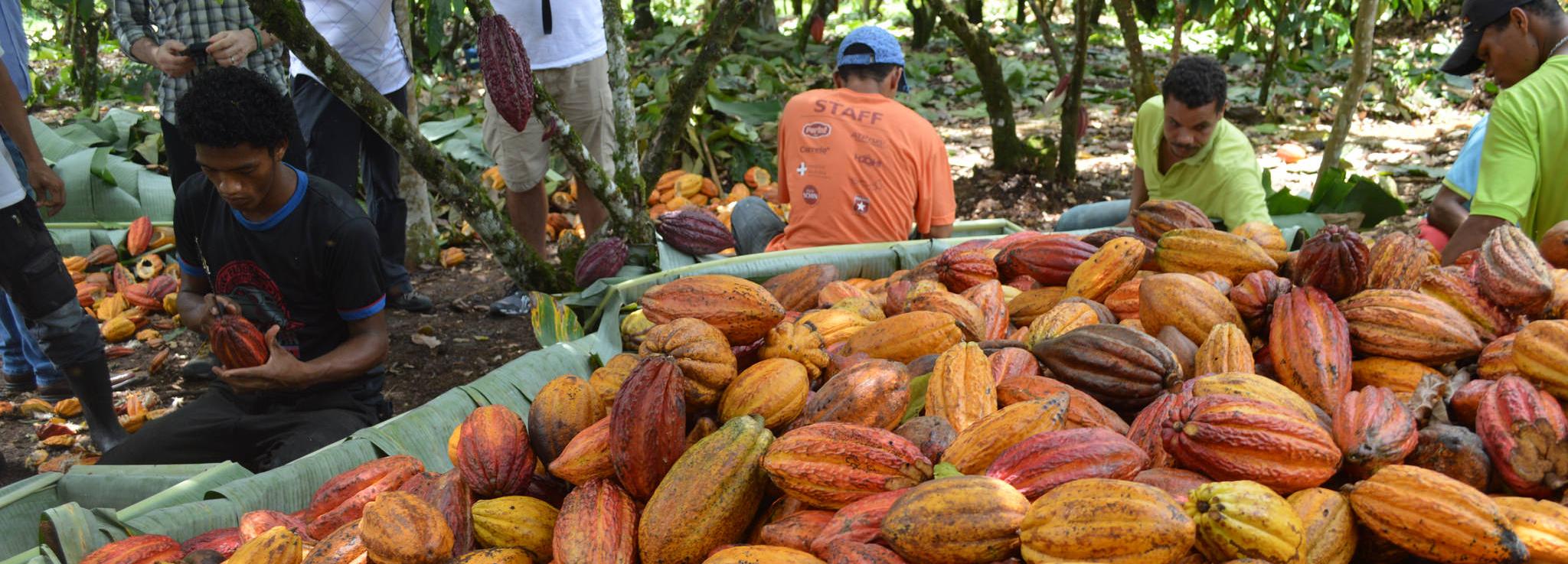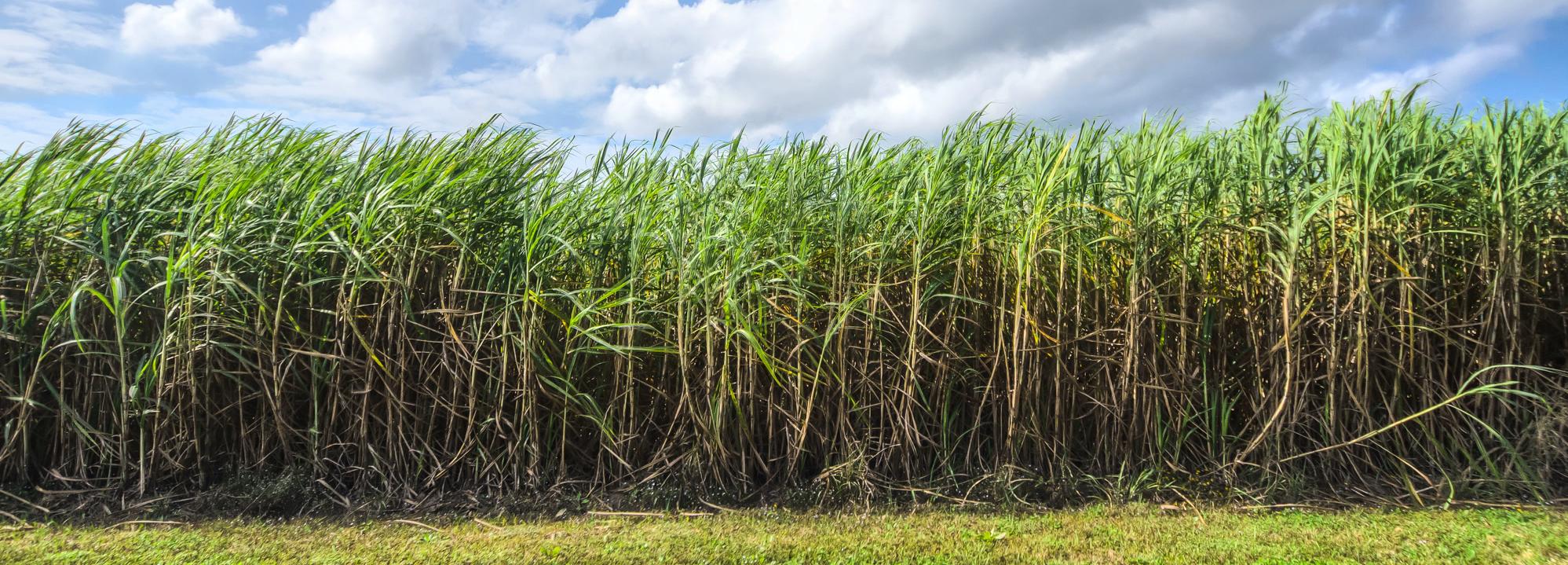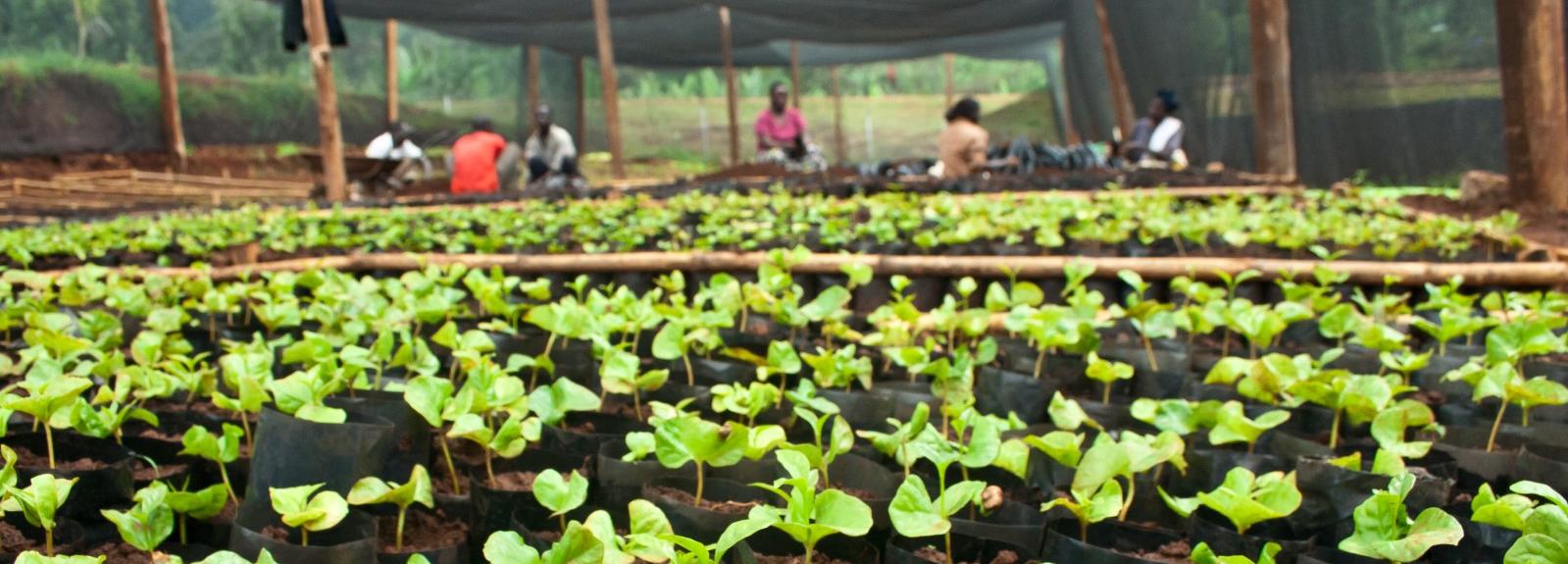Four ISEAL members, Fairtrade, Global Coffee Platform, Rainforest Alliance and UTZ, have embarked on an innovative joint effort to get a better picture of the level of multiple certification in coffee and cocoa and to improve data quality.
This joint effort came about after questions were raised over the accuracy of previous attempts to determine levels of multiple certification across member standard operations. This was part of the collective reporting effort piloted with members who were participating in the Demonstrating and Improving Poverty Impacts (DIPI) project.
In order to get a clearer picture of the actual level of multiple certification across the globe, the members involved agreed to share their data. Members who operate in the coffee and cocoa sectors share a snapshot of data (at a disaggregated level) with ISEAL. This data is matched to identify the real and exact extent of multiple certification in the operational context. These findings are then compared to the results found by previous aggregative attempts to determine whether the original levels of multi-certification were accurate. If the numbers are similar then it confirms the accuracy of aggregate attempts for future use; if not then existing processes to determine multiple certification will be re-examined. The process also aims to help reduce the error when obtaining a global picture of the size of land, number of smallholders or number of workers protected by certification.
Although this is a snapshot in time, we cannot undermine the importance of this big step. As well as providing a more accurate picture of the extent of multiple certification, the process behind this initiative is building our understanding of concerns and challenges associated with data quality and sharing. Already in the matching phase we are identifying important lessons around data, for instance the need for increased accuracy of location data, and the added benefits of sharing disaggregated data which can be used for advanced analysis (e.g. sector wide reach and impact evaluations).
This project highlights the value of sharing information and is a case study for collaboration, transparency and trust in action.
The results of this exercise will feed into the data analysis that ISEAL is carrying out on the collective reach of the ISEAL members who are participating in the DIPI project.
For more information on this project please contact Udit Khare, udit@isealalliance.org.



